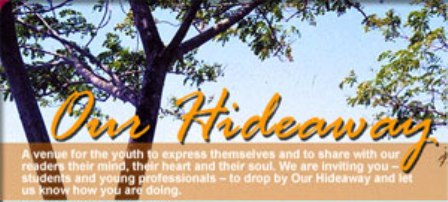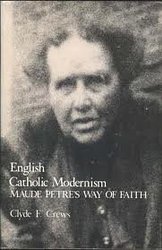November-December 2017
From the Editor
November – December 2017
Life, Death and the In-Betweens
This issue of MISYONonline.com focuses on life, living and death. In November, we celebrate All Saints’ Day and All Souls’ Day wherein we remember the lives of all those who have gone before us – how they had lived their lives and the mark they left on us. In December, we commemorate the birth of Jesus, the Word made flesh, the fulfillment of God’s love for humanity and all of His creation. Jesus showed us the way how to live life fully, inviting us to follow Him in loving obedience to the will of the Father...

Christmas in Negros, Philippines
What was it like to a Myanmarese and three Fijian Columban seminarians to spend their first Christmas in the Philippines at the Negros Nine farm in Kabankalan, Negros Occidental in 2016?
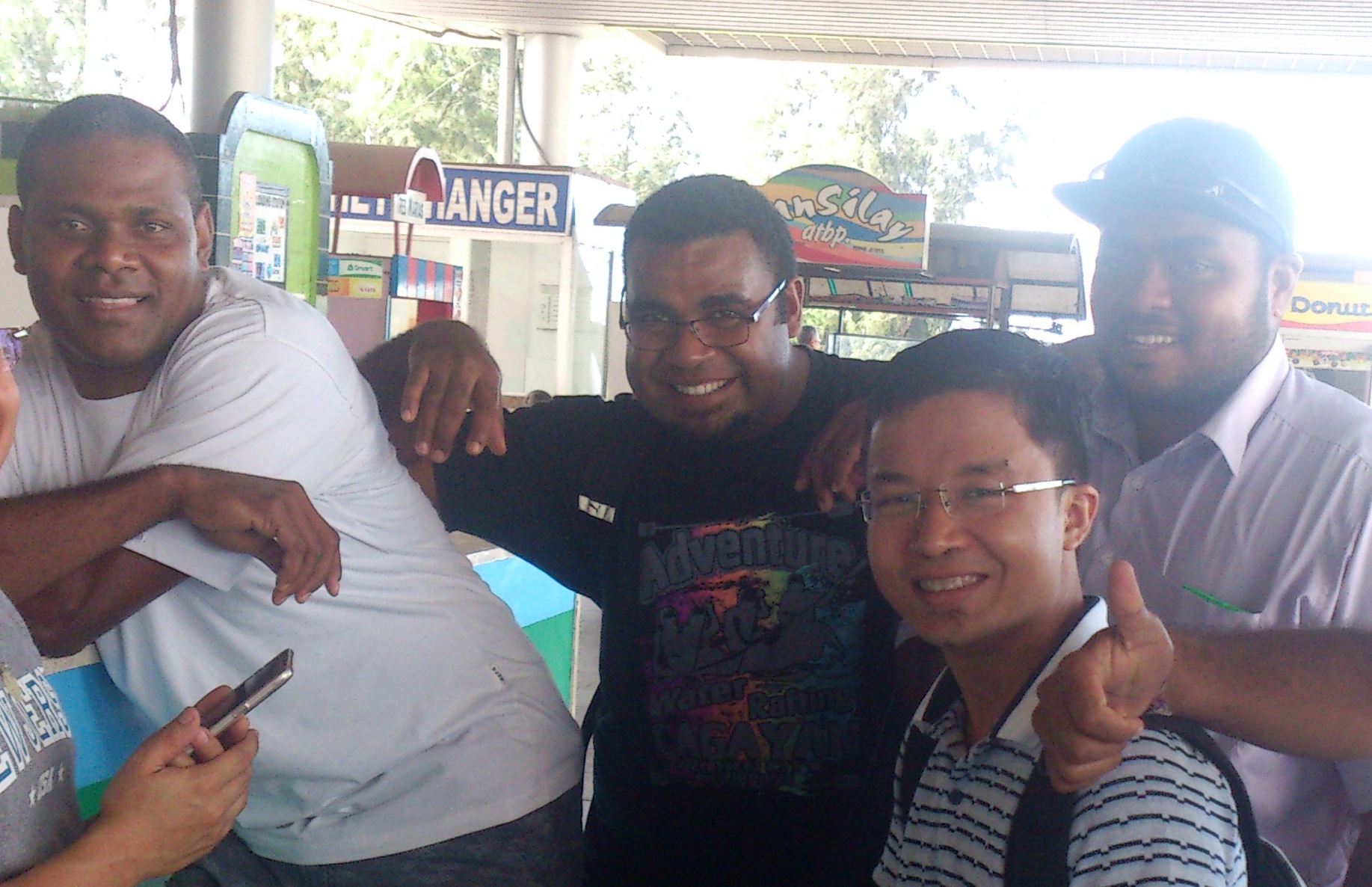
L to R: Fijian Seminarians Iowane Naio, Kusitino Saro and Antonio Saula Seeto with Myanmarese Columban Nhkai Hkun Myat Aung (front)

A Last-Minute Surprise
By Fr. Felisiano Fatu
Fr. Felisiano Fatu, from Tonga, is the rector of the Columban Formation Program in the Philippines based in Singalong, Manila.
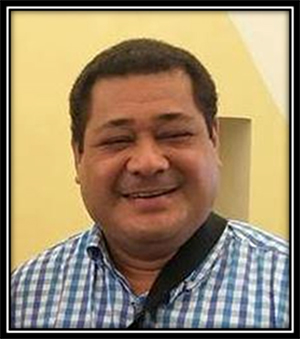 I was only seventeen when I completed my secondary education in 1991. I wanted to take a break from furthering my education and decided to search for a job in Tonga. I applied to both government and private sectors for any jobs available. My first preference was to get a job in a bank and second was to work in a government office. My applications to banks were not successful but I was lucky to get a job in the Ministry of Justice. During this time, I really enjoyed being a young man exploring life opportunities and learning about myself...
I was only seventeen when I completed my secondary education in 1991. I wanted to take a break from furthering my education and decided to search for a job in Tonga. I applied to both government and private sectors for any jobs available. My first preference was to get a job in a bank and second was to work in a government office. My applications to banks were not successful but I was lucky to get a job in the Ministry of Justice. During this time, I really enjoyed being a young man exploring life opportunities and learning about myself...

I Have Found My Inner Joy
By Jinky Ucol
Evangeline “Jinky” Ucol is from Magsaysay, Occidental Mindoro. She joined the Columban lay missionary team PH 24 with Lily Faunillan and Jake Lunor, and left for Fiji in October 2017 for a three-year mission.
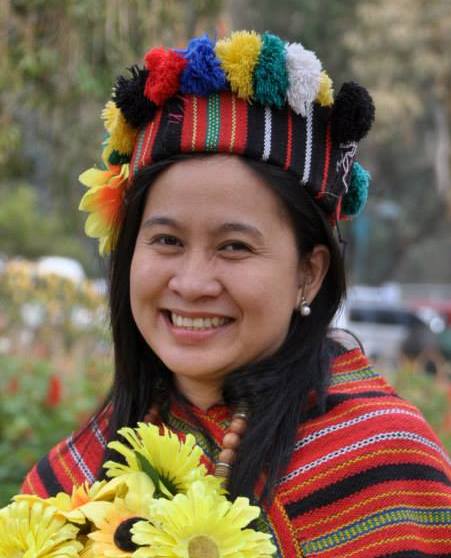
At 2AM, the phone rang asking me to bless the dead. By the time I reached the hospital room, the family was grieving and the dead body was already covered. That was good timing, otherwise it would have been difficult for a first-timer like me to bless the dead person. I was a bit scared and hesitant. Questions came into mind: What do I do now? How will I show my sympathy to the family? Basic questions that we are confronted with in Clinical Pastoral Education (CPE)...

Chased by God’s Love
A Reflection on My Prison Ministry
By Louie Q. Ybañez
Louie Ybañez is a Columban student from Cagayan de Oro City, Philippines. He is presently studying Theology at the Loyola School of Theology, Ateneo de Manila compound, Quezon City.
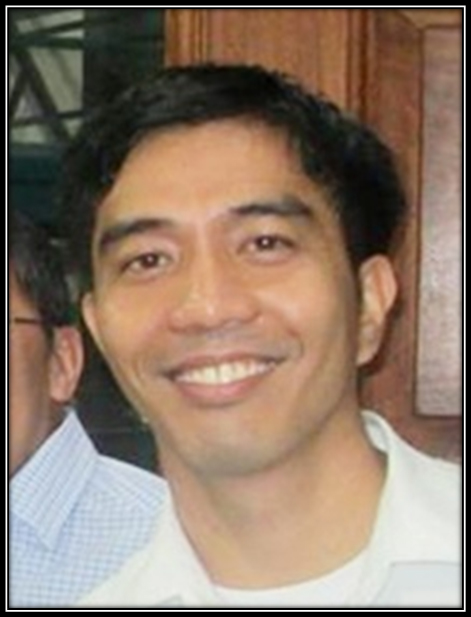 As part of our formation program, I go to the New Bilibid Prison in Muntinlupa under the Philippine Jesuit Prison Service for my pastoral ministry every Saturday. We usually start our day at the Reception and Diagnostic Center where we give values formation classes to new inmates considered as juvenile offenders. We facilitate this class through a group reflection on the gospel. Then we proceed to the Medium Security Compound to do some counselling with inmates who have long been held in prison or visit the inmates who, for a long time have not been visited by their families...
As part of our formation program, I go to the New Bilibid Prison in Muntinlupa under the Philippine Jesuit Prison Service for my pastoral ministry every Saturday. We usually start our day at the Reception and Diagnostic Center where we give values formation classes to new inmates considered as juvenile offenders. We facilitate this class through a group reflection on the gospel. Then we proceed to the Medium Security Compound to do some counselling with inmates who have long been held in prison or visit the inmates who, for a long time have not been visited by their families...

The Joy I Found with the Youth
By Ma. Fe Corazon P. Arienza
Ma. Fe Corazon "Azon" Arienza is from Cabadbaran City, Agusan Del Norte. She was a youth leader of the Parish Youth Apostolate in Candelaria, Cabadbaran and a member of the Oasis of Love Community. With Hazel Jean Angwani, she is currently undergoing the Columban lay missionary Orientation program.
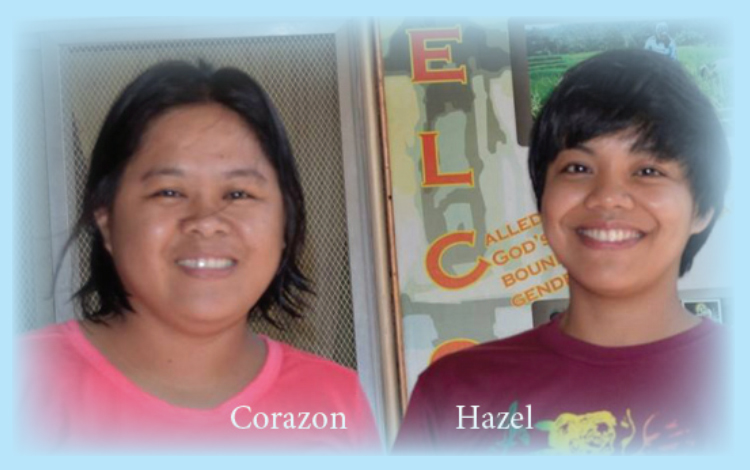
Columban Lay Missionary PH 25 in Orientation: Ma. Fe Corazon Arienza and Hazel Jean Angwani
My love and passion for service sprang from my experience with a Diocesan priest back at my hometown. His name is Fr. Isaac Manuel Moran. Me and my childhood friends used to accompany Fr. Moran when he celebrated mass in Pirada, a small town in Cabadbaran City. I love how he made all of the people there happy with just his presence and the way he made them feel that they are cared for especially the little ones. When I thought it was Fr. Moran who gave so much joy to those people, he told us instead that it’s the other way around. I found it hard then to understand, until I joined the Parish Youth Apostolate...

When I assured a friend that I will pray for the eternal repose of her father, she responded with an invitation to rather pray for them, the bereaved family, for strength. She continued with, “We do not pray for the dead for it is the dead now praying for us.” I was a bit surprised for she too is a Catholic engaged in a religious group. They do not really grieve that much for they have to “take delight in the promise of the resurrection”.
I am wondering, do we, Catholics, have varied beliefs on praying for the dead, the resurrection and the need for grieving for the loss of a loved one?

November – December 2017
Lord, kindle our lamps, Saviour most dear to us, that we may always shine in your presence and always receive light from you, the Light Perpetual, so that our own personal darkness may be overcome, and the world’s darkness driven from us. Amen.
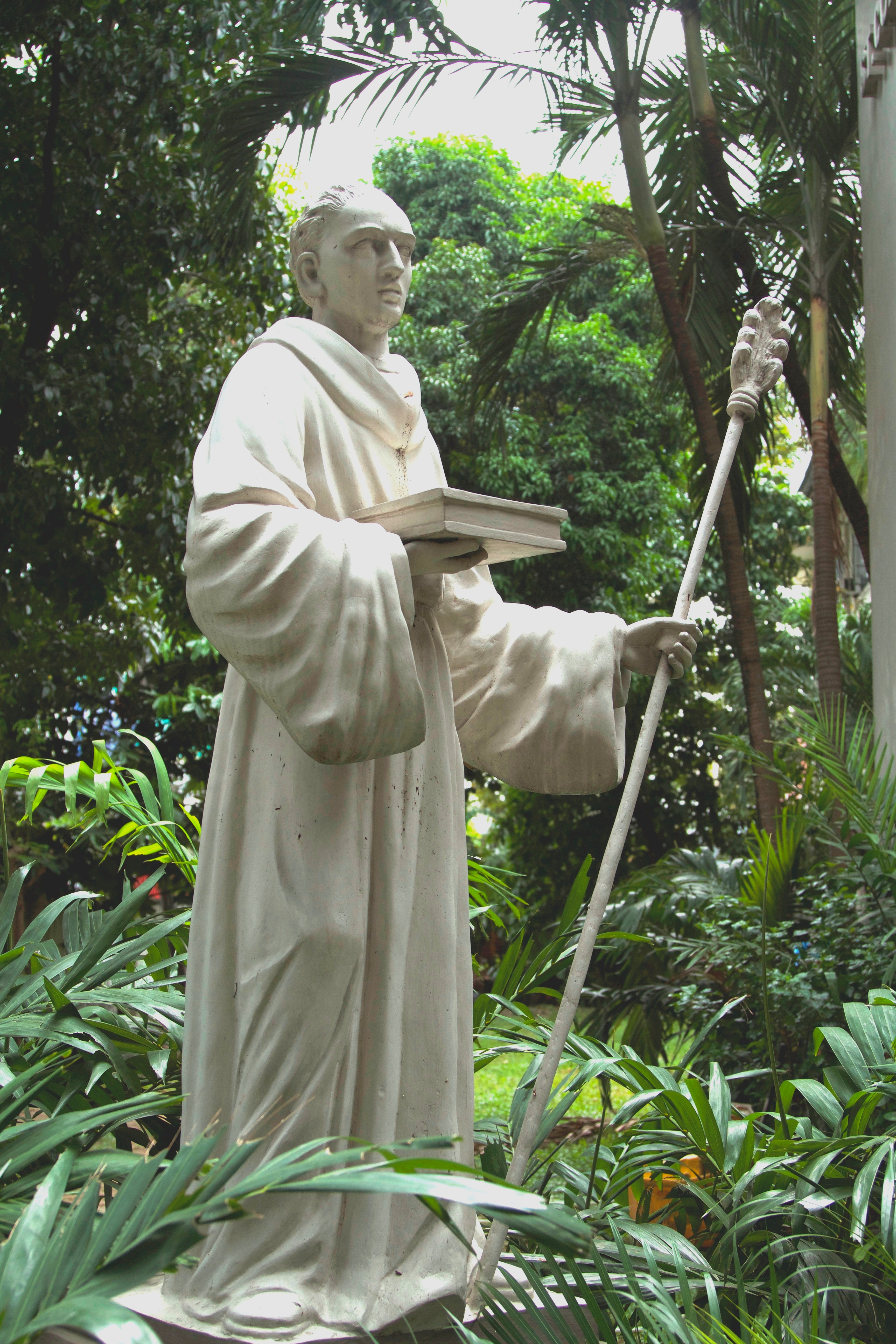
~ St. Columban, Sermon XII

Columbans ‘Who Have Gone Before Us With The Sign Of Faith’ November 2016 – September 2017
COLUMBAN PRIESTS
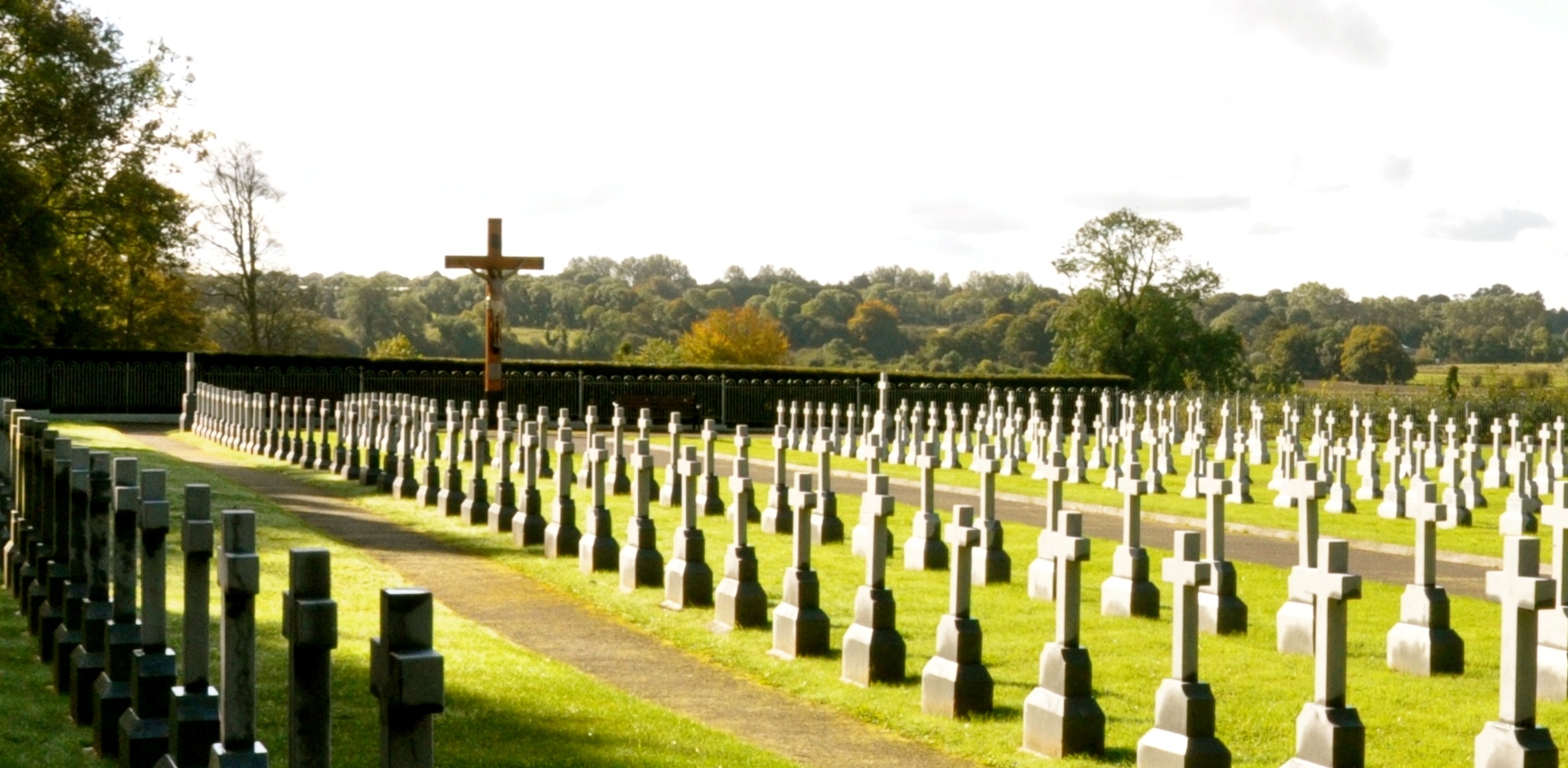
Since we are travelers and pilgrims in the world, let us ever ponder on the end of the road, that is of our life, for the end of our roadway is our home.
(St Columban, 8th Sermon)
COLUMBAN SISTERS
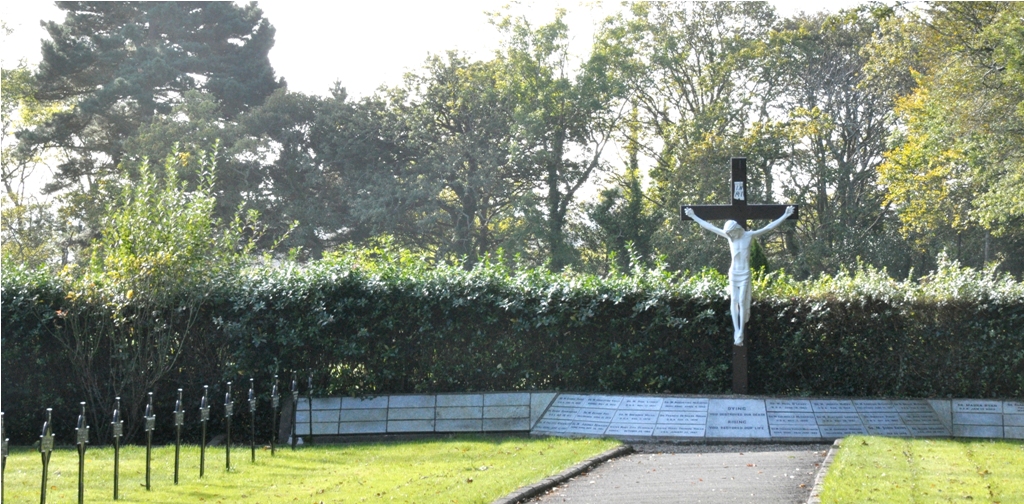
We await a savior, the Lord Jesus Christ,
Who will change our mortal bodies,
To confirm with his glorified body.
(Philippians 3:20-21)

A Last-Minute Surprise
By Fr. Felisiano Fatu
Fr. Felisiano Fatu, from Tonga, is the rector of the Columban Formation Program in the Philippines based in Singalong, Manila.
 I was only seventeen when I completed my secondary education in 1991. I wanted to take a break from furthering my education and decided to search for a job in Tonga. I applied to both government and private sectors for any jobs available. My first preference was to get a job in a bank and second was to work in a government office. My applications to banks were not successful but I was lucky to get a job in the Ministry of Justice. During this time, I really enjoyed being a young man exploring life opportunities and learning about myself.
I was only seventeen when I completed my secondary education in 1991. I wanted to take a break from furthering my education and decided to search for a job in Tonga. I applied to both government and private sectors for any jobs available. My first preference was to get a job in a bank and second was to work in a government office. My applications to banks were not successful but I was lucky to get a job in the Ministry of Justice. During this time, I really enjoyed being a young man exploring life opportunities and learning about myself.
Being in a Catholic high school run by a religious congregation afforded me numerous opportunities to listen to vocation talks by both religious nuns and priests. I was not overly mad with the idea of becoming a priest though I guess the seed of interest was there but I did not pay much attention to it. I had a number of cousins and uncles who were in the Pacific Regional Seminary in Fiji and some aunts who are nuns. I guess I was greatly influenced by them. They were my role models in terms of vocational discernment. Naturally, I followed their paths by attending the various "Come and See" programs advertised by the religious fathers in Tonga. I had attended a number of their vocation programs and even stayed with them on some weekends. There were very limited options in terms of congregations to apply for. There were only two – the school's religious congregation and the Diocesan priests.
My knowledge of the Columbans was very limited. I only knew them by association. I knew that my uncle, Fr. Palenapa Tavo, was a Columban seminarian in Fiji at the time as he joined in 1993 and we come from the same village in Tonga. Even during his vacation at home, I was not interested in asking him about the Columbans since they were not present in Tonga. I was interested more in joining the religious congregation. At that time, the Diocese of Tonga had a Diocesan Vocation Committee which organized various "Come and See" weekends in different parishes in the main island, promoting priestly and religious vocations. The program lasted for the whole year and at the end of it, most of the vocation searchers were encouraged to make a decision about making formal contacts with the vocation directors from the different congregations and the diocese.
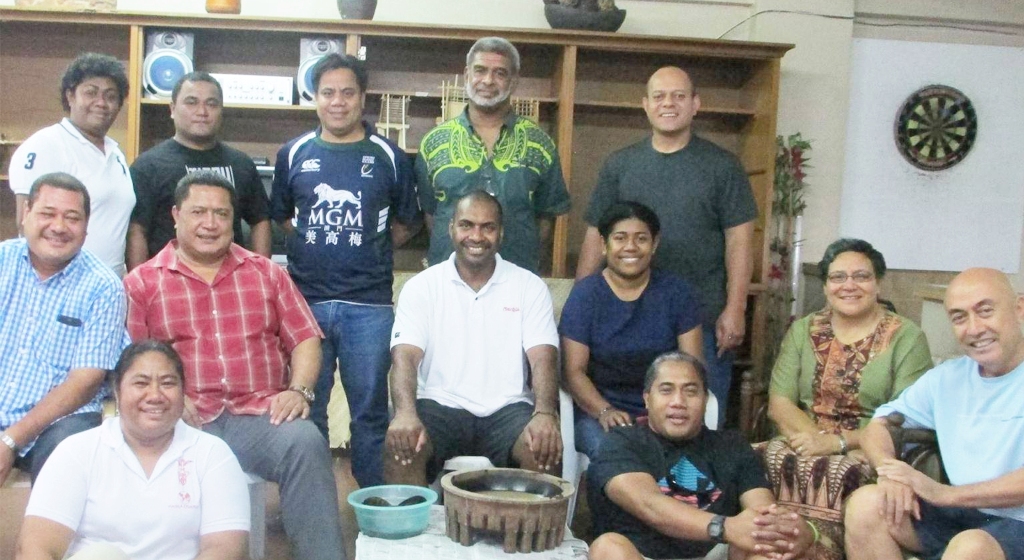
Fr. Felisiano (second row, leftmost) and his uncle Fr. Palenapa Tavo (standing at the back, rightmost) with Columban missionaries and friends, October 2016
It was during one of these "Come and See" weekends in September or October of 1992 that I came to know a little bit about the Columban Fathers. It was a session in which Fr. David Arms, a Columban priest from Fiji, gave a talk about the Columbans and showed us a video about their works. I enjoyed the talk but was more impressed with the video presentation which had a deep impact on me. I think the video was about the Columban works in Peru. At the end of it, there were brochures about the Columbans left on a table for anyone to take, together with Columban magazines. Out of curiosity I took one brochure home. I read the information a couple of times to make sense of what the Columbans were about. Eventually, I filled out my name and address at the back of the brochure and sent it to the Vocation Director in Fiji. At that time, I did not even know who the Vocation Director was.
The surprise was that I totally forgot about continuing with the religious congregation when I received a surprise and prompt response from the Columban Vocation Director in Fiji. I waited with great anticipation for the arrival of the letter with the Columban magazines by post from Fiji. My response to his correspondence was filled with excitement as I shared about what I read in the magazines and about my interest in getting to know more about the Columbans. I stopped attending the vocation weekends with the religious. In hindsight, the excitement and sense of adventure and exploration of an eighteen-year-old got the best of me in the initial stage of correspondence with the Columbans which was a positive one. I was effervescent about my correspondence with the Vocation Director through letters. And I loved receiving and reading the Columban magazines. I never attended any accompaniment program that time. Later I found out, in the course of our correspondence, that the Vocation Director was Fr. Daniel Ahern from Ireland, who was to become my first rector when I joined the Columban formation program in Fiji in 1994. Coincidentally, he was the Fiji Regional Director during my priestly ordination in Tonga in 2003.
It was a surprise for me, at that time, to simply change my attention from the religious to having greater interests in getting to know the Columbans which has eventually led me to become a Columban missionary priest to this day. As I look back, I can say with confidence that it was God’s grace working in my life and I happened to be receptive and open to it.
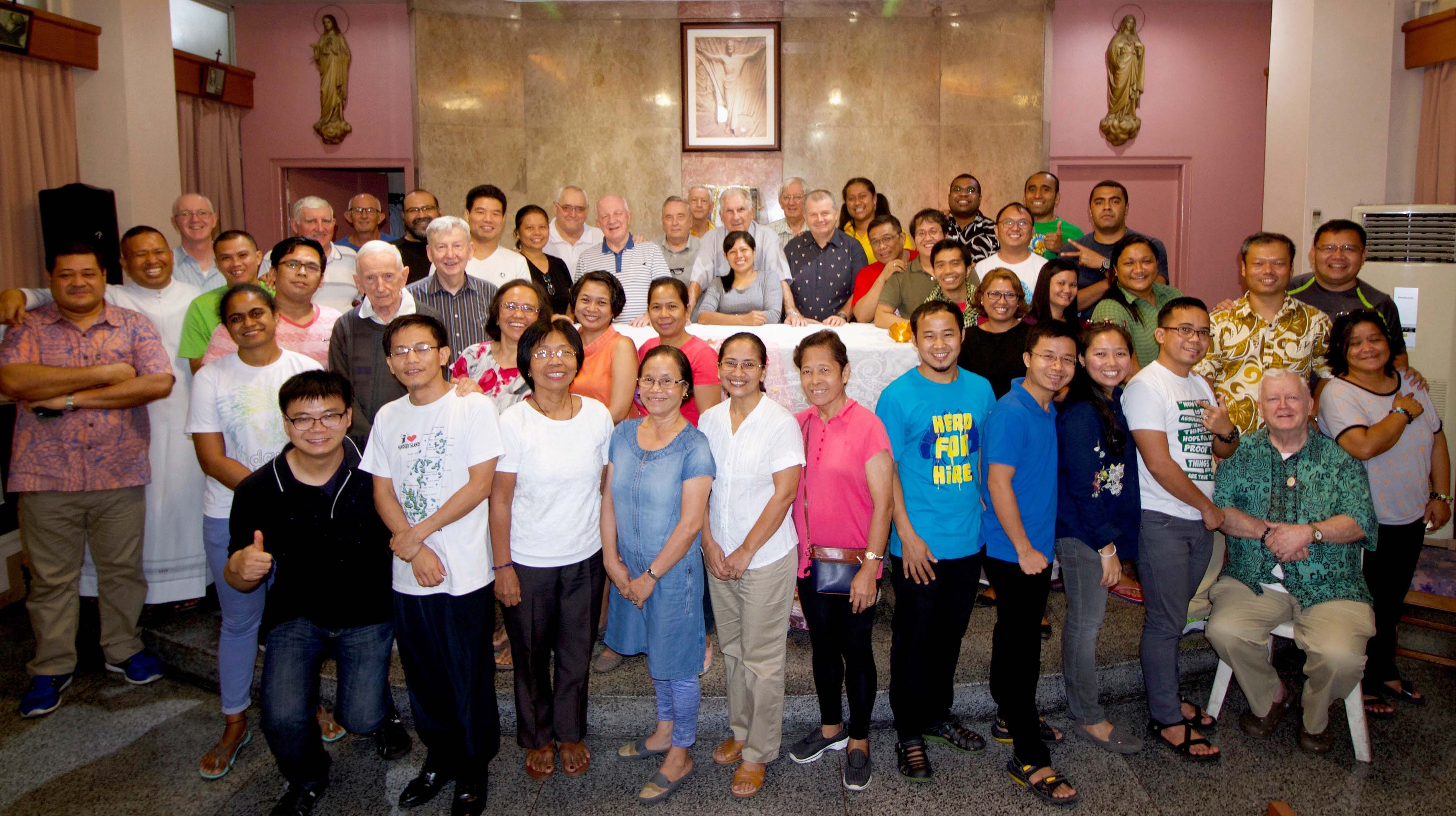
The Columbans – priests, lay, students and co-workers – during the Joint Area meeting in September 2017, Singalong, Manila. Fr. Felisiano is at the leftmost part in khaki pants & blue sneakers.
Chased by God’s Love
A Reflection on My Prison Ministry
By Louie Q. Ybañez
Louie Ybañez is a Columban student from Cagayan de Oro City, Philippines. He is presently studying Theology at the Loyola School of Theology, Ateneo de Manila compound, Quezon City.
 As part of our formation program, I go to the New Bilibid Prison in Muntinlupa under the Philippine Jesuit Prison Service for my pastoral ministry every Saturday. We usually start our day at the Reception and Diagnostic Center where we give values formation classes to new inmates considered as juvenile offenders. We facilitate this class through a group reflection on the gospel. Then we proceed to the Medium Security Compound to do some counselling with inmates who have long been held in prison or visit the inmates who, for a long time have not been visited by their families.
As part of our formation program, I go to the New Bilibid Prison in Muntinlupa under the Philippine Jesuit Prison Service for my pastoral ministry every Saturday. We usually start our day at the Reception and Diagnostic Center where we give values formation classes to new inmates considered as juvenile offenders. We facilitate this class through a group reflection on the gospel. Then we proceed to the Medium Security Compound to do some counselling with inmates who have long been held in prison or visit the inmates who, for a long time have not been visited by their families.
I was hesitant when I first learned about the ministry assigned to me. Maybe because I didn’t know then how to deal with persons subjected to different stereotypes that come along with being law offenders. At the start I had some fears. Much of these fears came from being unable to respond to the complex situations the inmates had to deal with; from the anguish of separation from their families, to the continued struggle to renew their lives in the midst of the harsh realities of community life inside, and even to needs as basic as food and personal necessities. It was these situations that I have to grapple with.
Along many of their stories echoed regret over the wrong choices they made and the hope of being given the chance to renew their lives again with the anticipation that they will be reunited with their love ones once again. There were also stories of anger and injustice; with many of them claiming to be falsely accused of the crimes they are charged with. Whatever their prevailing circumstances, I felt that they need two things from me, understanding and that I don’t judge them.
In many occasions, I got frustrated over hearing that someone from the class was given punishment called Bartolina which is a month or more of isolation in a tight cell over a violent fight when a week before that he shared about his great plans for himself and the change that he wanted to pursue. This is no different from the human condition outside. We, in many instances, fall short from the very good we want to follow. Every time I go there, I feel sad about the helplessness of their situation. I could only encourage them to gain back their faith in God. How? I myself don’t even know the answer. I just recognise that somehow I need to be fully present with them when I am there.

Louie with Columban seminarians from Fiji (L-R): Iowane Naio, Kusitino Saro, Louie, Meli Farasiko, Antonio Seeto and Remisio Domodomolagi
Louie conducts his Pastoral Ministry at the New Bilibid Prison with Kusitino.
The pace to renewal could be very slow for the inmates; for some it could be close to impossible but my faith tells me that God pursues with much intent those whom we consider menace to the society, even those whom we deem unchangeable. God whispers to them the very same words he tells each one of us, “You are mine.” Our God is a God of mercy and compassion who rejoices in the coming of his lost child. He runs towards their desperate condition to give hope. As a minister, I always find inspiration in God’s personal calling to each of the inmates to always be united with him. God never disowns them and this is the very reason that I will always find that persistent hope that the inmates, chased by God’s love, will find a renewed version of their selves and come home to feel their very identity - the one whom God loves.
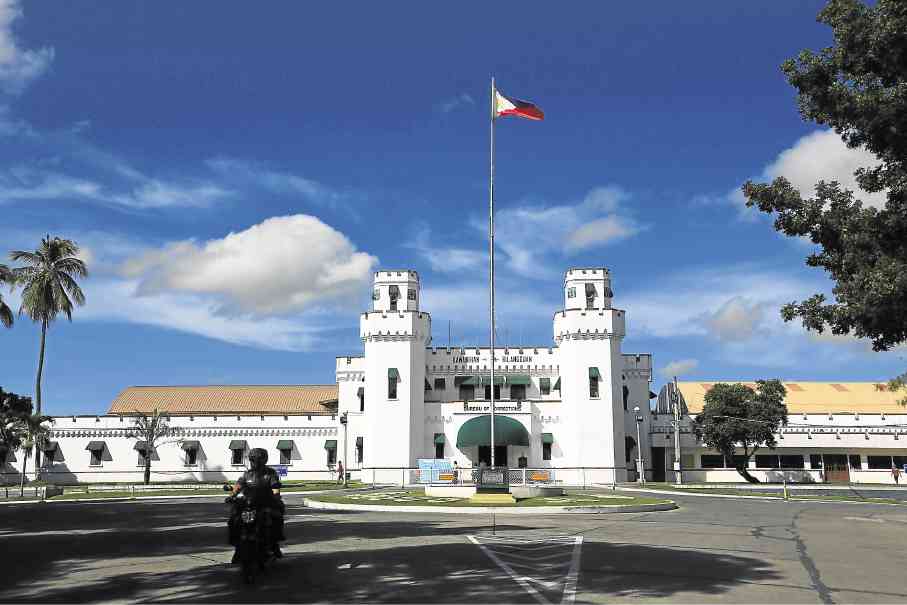
The New Bilibid Prison, Muntinlupa, Philippines [Inquirer.net]
Christmas in Negros, Philippines
What was it like to a Myanmarese and three Fijian Columban seminarians to spend their first Christmas in the Philippines at the Negros Nine farm in Kabankalan, Negros Occidental in 2016?

L to R: Fijian Seminarians Iowane Naio, Kusitino Saro and Antonio Saula Seeto with Myanmarese Columban Nhkai Hkun Myat Aung (front)
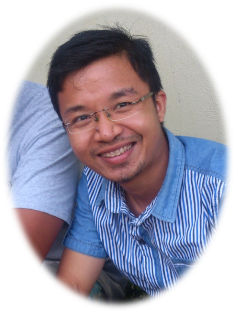 All the experiences I encountered at the farm really touched my heart. The most special one was “touching with nature”. It really gave me energy and inspiration as I continued my vocation journey. I would sit down and meditate on the beautiful scenery that I encountered throughout the farm. There I discovered the place of God in my life. In the planting of a few trees, it felt like I had started doing some small things in the mission to take care of the Earth.
All the experiences I encountered at the farm really touched my heart. The most special one was “touching with nature”. It really gave me energy and inspiration as I continued my vocation journey. I would sit down and meditate on the beautiful scenery that I encountered throughout the farm. There I discovered the place of God in my life. In the planting of a few trees, it felt like I had started doing some small things in the mission to take care of the Earth.
I encountered God up on that mountain in Oringao. I encountered the love of God through the beauty of nature that surrounded me and through the people I met.
The people shared their love and kindness. I was a stranger to them, but they really made me feel the love of God and taught me how to love a stranger. When we were there, all the people came and shared their kindness and love because they knew we were Columban seminarians. It made me ponder and reflect on how the Columban priests walk with the people and touch their lives. Like now, Fr. Brian Gore is helping the people and the people really remain thankful for how Fr. Brian has been walking with them. This really made me reflect on my own life and showed me how to become a good missionary in the future.
One day while the Cooperative members were having a meeting, they brought their children with them. The children were playing and having fun together. I went out with them and played with them. We sang and danced together. Playing with the children of these people really made me joyful and uplifted my spirit.
Participating in the games for the adults at the Christmas party was also fun. In our group, no one could speak English well. I, too, could not speak English well, let alone Ilonggo, the language of the people. Instead, we communicated with body language and still won the game! We were really happy. I learned that even though I could not speak well, I could communicate because I just wanted to be with the people, to be present to them. Whether I was with the adults or the children, I talked with them and listened to them as we found ways to communicate. It was really a nice experience. It made me so joyful; it made me feel the true meaning of Christmas. Columban Nhkai Hkun Myat Aung, Myanmar

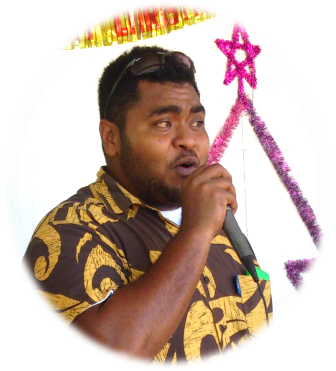 So far, it has been my best experience in the Philippines. It’s a blessing going to new places and being surprised at many unexpected things. I discovered that I could endure waking up very early in the morning. This was no small discovery since I am not an early bird. The Simbang Gabi at 3 o’clock in the morning for nine days before Christmas was a very memorable experience, not only because I got up so early, but also because, where I come from in Fiji, we only have mass twice a year.
So far, it has been my best experience in the Philippines. It’s a blessing going to new places and being surprised at many unexpected things. I discovered that I could endure waking up very early in the morning. This was no small discovery since I am not an early bird. The Simbang Gabi at 3 o’clock in the morning for nine days before Christmas was a very memorable experience, not only because I got up so early, but also because, where I come from in Fiji, we only have mass twice a year.
I had heard a lot about the Negros Nine, but coming to the farm and experiencing what Negros Nine Foundation is doing for the school, for the Cooperative, and for the farmers was a good experience that I will not forget. Celebrating with the Mangao family and the Negros Nine organization was a beautiful experience for they were not only assisting the families, but helping them to learn to give life to their families. It was an abundant Christmas for me with everyone gathered together. At home, in Fiji, I would probably be drinking Kava with only a few members of my family. It was very good for me to experience the typical Filipino Christmas celebration. This was the first Christmas that I was away from home, and to celebrate it here was memorable.
I thank the Columbans for giving us this opportunity. It was a wonderful experience with all of us traveling together. At first, I thought it was a bad choice to come to Negros. I had wanted to go to Mindanao since there are other Fijians assigned in Mindanao. But, after this experience, I think I will come back. It's always good to go to other places to explore and see. Antonio Saula Seeto, Fiji

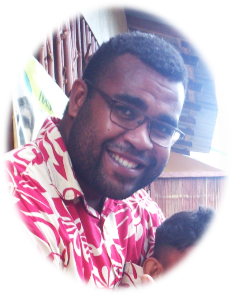 When we were going up to the Negros Nine Farm, we had a problem with the truck. It was raining and it was difficult for the truck to pull through. So we had to get down and pull the truck. It was a memorable experience especially coming to a new place. It was actually fun. We enjoyed that. I did not get irritated because we normally experience that in Fiji. When we arrived in the place, I was really inspired by the hospitality of the people. Everything they did for us was very touching.
When we were going up to the Negros Nine Farm, we had a problem with the truck. It was raining and it was difficult for the truck to pull through. So we had to get down and pull the truck. It was a memorable experience especially coming to a new place. It was actually fun. We enjoyed that. I did not get irritated because we normally experience that in Fiji. When we arrived in the place, I was really inspired by the hospitality of the people. Everything they did for us was very touching.
The Tuko (geekos), I think, was the only thing that I was afraid of. It was everywhere!
The planting of trees was very meaningful to me. Many people are still cutting down trees, so, for us, planting the trees was like bringing back the life of the forest. Before planting, we said a prayer together. It was a unique moment. I had a feeling of being in union with my brothers, the family and with everyone who had journeyed up there with me. The prayer was an act of giving life to nature. We planted trees for the future generations. It was very touching–that feeling of being part of something that is bringing back life to the environment.
We took time to play with the chuldren who lived there. Playing with the kids, with them climbing on my back, reminded me of my own nieces and nephews. It was really great to see them happy.
I am very grateful, very lucky, and privileged to have come across this experience. The experience of having spent a month at the Negros Nine Farm in Oringao, Negros will stay with me for the rest of my life. The challenges of my stay there were just part of the journey. They were but little challenges because I know that there are other people living there who have lived through much greater challenges.
I am very grateful to the Columbans, and to all those in the Negros Nine farm for accommodating us. I am indeed very grateful. Kusitino Saro, Fiji

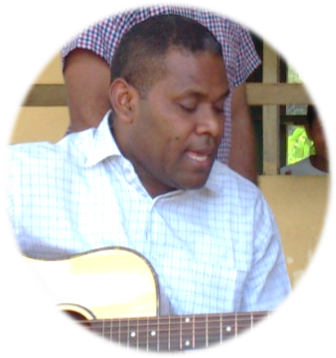 When we were about to land at the Silay airport I thought I could have a somewhat similar experience in Fiji. I come from a place of a bit similar environment. We too have many sugarcane plantations.
When we were about to land at the Silay airport I thought I could have a somewhat similar experience in Fiji. I come from a place of a bit similar environment. We too have many sugarcane plantations.
I had been looking forward to this experience for some time. When I came to Manila from Fiji, I had a different experience of the Philippines. It's very hot, specially in Manila. And the people in Manila are not like those in Negros who are really friendly and they really care. They are totally different in the way
they relate to us. It was an even better experience when we got to stay with a family. It was there that I got a bit of an actual picture of the Filipino people and it's a good thing, for now I love the place and its people. My experience was very good and encouraging.
During the Christmas party in Colambo Elementary School, we would have loved to sing many songs in Pilipino for the kids, but we were not prepared. It had been a spontaneous invitation. We were coming from somewhere else and now they were expecting something from us. So, we sang some Christmas carols that the kids were familiar with. Still it was a great moment to do something for those kids. In Fiji, we also have Christmas celebrations and the family day in schools. But we don't have those kind of celebrations where you can run and have games. Ours is a different kind, so this was new and a very nice experience.
One thing that really struck me is that I could still feel the influence of the Columbans in the area. When they learned that we are Columban seminarians, they looked at us in a completely different way. They were very hospitable and treated us well with respect and care because that was the way the Columban Missionaries treated them. I wonder why the Columbans are not still sending young priests and lay missionaries here? It is still a good place for missionary work.
We also do in Fiji the kind of work for Justice, Peace and Integrity of Creation (JPIC) that Columbans are involved here. We work with Columban companions, a group of ex-lay missionaries and families who have connections with the Columbans. Because of our work in JPIC, the people here know us but we didn’t know that there is a mission area here. I think that it might make a difference if lay missionaries are also working in this part of the Philippines.
Looking back, this was a good experience for me and I would love to come back, if I become a priest and given the chance to work here. Iowane Naio, Fiji

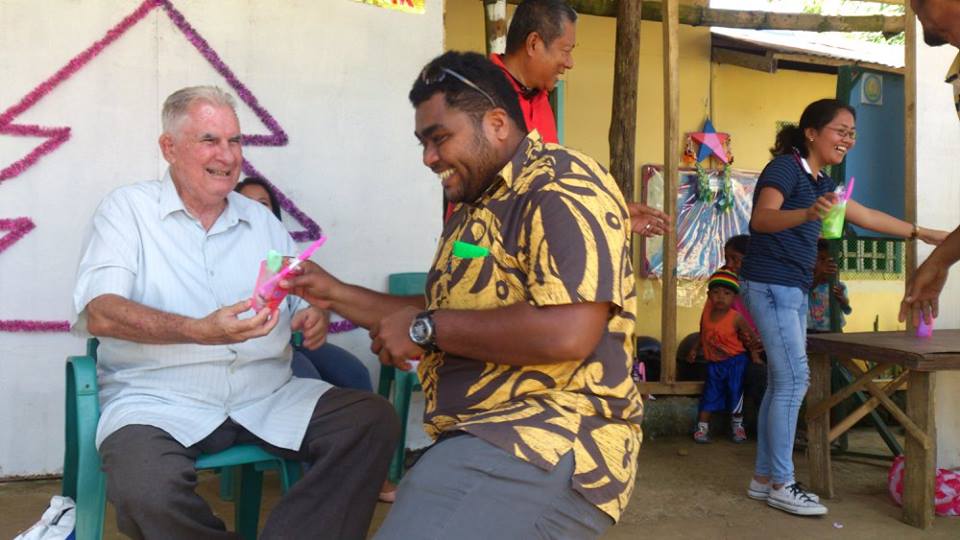
Antonio receiving a Christmas give-away from Columban Father Brian Gore
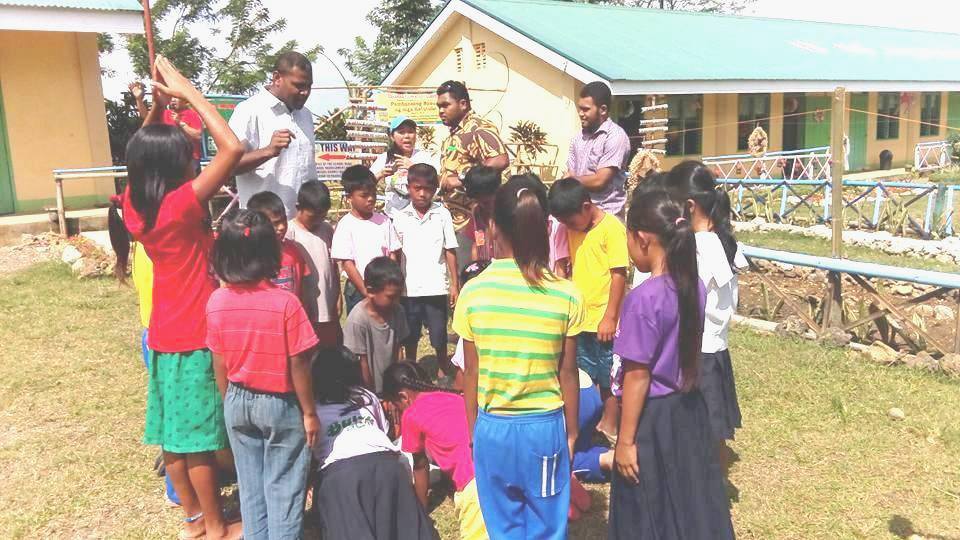
Seminarians at the Christmas party of Colambo Elementary School
Columbans ‘Who Have Gone Before Us With The Sign Of Faith’ November 2016 – September 2017
From the Editor
November – December 2017
Life, Death and the In-Betweens
By Arlenne Villahermosa
This issue of MISYONonline.com focuses on life, living and death. In November, we celebrate All Saints’ Day and All Souls’ Day wherein we remember the lives of all those who have gone before us – how they had lived their lives and the mark they left on us. In December, we commemorate the birth of Jesus, the Word made flesh, the fulfillment of God’s love for humanity and all of His creation. Jesus showed us the way how to live life fully, inviting us to follow Him in loving obedience to the will of the Father.
I visited the grave of my father last November 1 and 2, and for these two days I caught myself staring at his tombstone for a good number of minutes. Flashes of what my father had said and done came to mind. I could only utter words of gratitude for the life he had lived, the example he had shown and the love he had given. His was not a perfect life but he lived it to the full. This made me ask myself, “How am I living my life?”

I recalled a poem written by Linda Ellis called, “The Dash”. And it goes like this:
I read of a man who stood to speak
at the funeral of a friend.
He referred to the dates on the tombstone
from the beginning… to the end.
He noted that first came the date of birth
and spoke of the following date with tears,
but he said what mattered most of all
was the dash between those years.
For that dash represents all the time
that they spent alive on earth.
And now only those who loved them
know what that little line is worth.
For it matters not, how much we own,
the cars… the house… the cash.
What matters is how we live and love
and how we spend our dash.
So, think about this long and hard.
Are there things you’d like to change?
For you never know how much time is left
that can still be rearranged.
If we could just slow down enough
to consider what’s true and real
and always try to understand
the way other people feel.
And be less quick to anger
and show appreciation more
and love the people in our lives
like we’ve never loved before.
If we treat each other with respect
and more often wear a smile,
remembering that this special dash
might only last a little while.
So, when your eulogy is being read,
with your life’s actions to rehash…
would you be proud of the things they say
about how you spent YOUR dash?
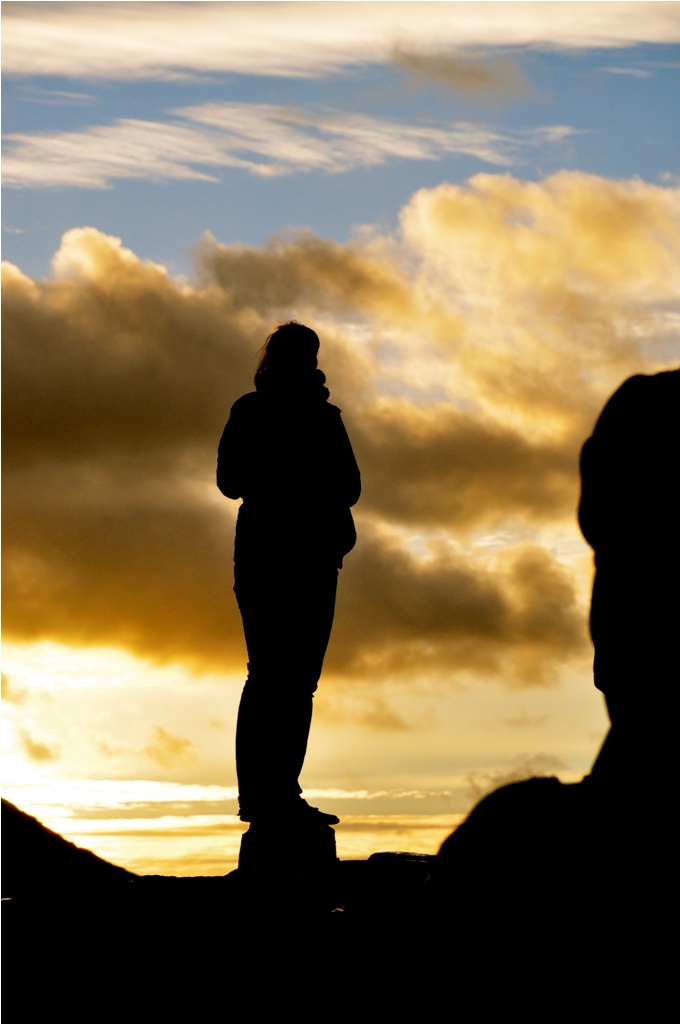
While I was in the hospital bed for about a month in 2012, I watched life passed me by. I could do nothing because my body was hooked to different kinds of tubes. I managed to wake up each day only with the grace and generosity of God manifested in and through the people He sent my way – the doctors, nurses, hospital staff, friends, Columban family, relatives and my family. I could not ask for more. The service, love and generosity of the people surrounding me were all that mattered. As I watched them each day, I could not help but be filled with gratitude for the love, care and service they have shown. I became the recipient of all of these. The only way I could show my gratitude was to fully participate in the healing process by being obedient to the procedure I had to undergo and allowing people to attend to and care for me. I was called to be still and allow God to be in control. With humility and gratitude, I let go and allowed God in. It was a moment of complete trust and obedience. I smiled because it did not dawn on me that I could allow myself to simply drift in His love, practically doing nothing except to obey.
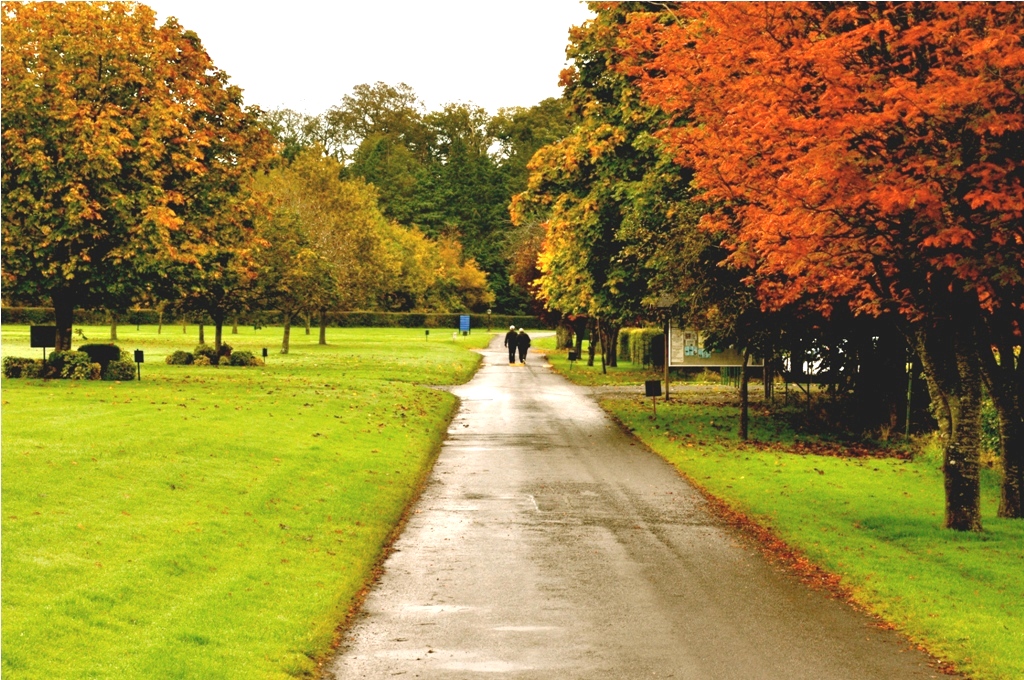
God meets us as we are, in the different stages of our lives. The important thing is that in whatever stage we are in, we do (or not do) things with great care and joy, in the spirit of generosity for the abundance of blessings we receive, mindful of the presence of others and of God's creation. We are constantly invited to let Him in and allow His love to transform us and guide us in our actions and decisions – to be part of the healing process that we all need, individually and as a community of peoples.
God has given each one of us the gift of life. He showered us with His love, accompanied us in our joys, sorrows and difficulties, and gave us His only Son that through Him we may find life eternal. Jesus was obedient to the Father till the end. He showed us the way to love.
The invitation and challenge in our world today is how to live our lives in loving response to the gift that was freely given to us in love – to live a full life participating in the salvific plan of God for all.
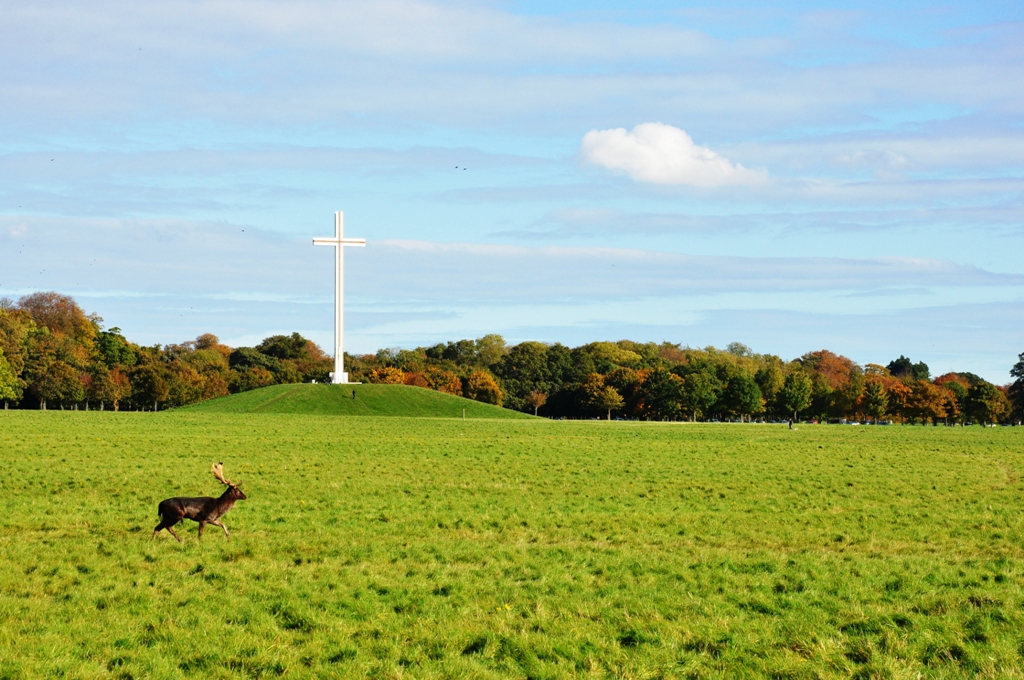
I Have Found My Inner Joy
By Jinky Ucol
Evangeline “Jinky” Ucol is from Magsaysay, Occidental Mindoro. She joined the Columban lay missionary team PH 24 with Lily Faunillan and Jake Lunor, and left for Fiji in October 2017 for a three-year mission.

At 2AM, the phone rang asking me to bless the dead. By the time I reached the hospital room, the family was grieving and the dead body was already covered. That was good timing, otherwise it would have been difficult for a first-timer like me to bless the dead person. I was a bit scared and hesitant. Questions came into mind: What do I do now? How will I show my sympathy to the family? Basic questions that we are confronted with in Clinical Pastoral Education (CPE).
At 4PM on that same day, while doing my rounds, I passed by a woman of about my age who was hysterical. Her father had just died. I tried to comfort her. Then, I accompanied her to see her father. I saw the dead body that had been her father. I held it. What I did not witness that morning, I witnessed in the afternoon – just another experience we had to deal with in CPE. The woman's grieving was so intense that unconsciously I cried too. It was a sudden death and she could not accept it yet. She asked, “Why my father, when all that he was is a good man?” I did not know how to help her. I went home heavy-hearted.
That was my struggle with CPE at that time. I did not yet know enough. Later on, I learned how to handle my emotions; I learned not to absorb the negative energies, and opted to pray for others.
I learned later that when practicing CPE, I did not have to do anything; I only had to listen. But that was a big thing for the patients and their families. I did not need to know what to say to comfort them, much more how to answer their questions. Listening was the only thing I could offer.
I found it difficult to be truly sincere in listening to others when I have many distractions. CPE has called me to grow in my ability to listen. In listening, I learned the virtue of humility as I freed myself from my tendency to be judgmental.
To become humble, I had to admit to myself that I cannot control everything. Just when I would boast to myself that I can save the world and help everyone, I was confronted with the fact that I am powerless and can do nothing. There are things in life that are best dealt with by surrendering them to God. I can pray about them; I can accept that I can only do so much and, then, I must let God take care of them. When I realized that, my encounters, no matter how heavy the situations were, felt lighter.
Because of what I learned, I did enjoy my CPE.
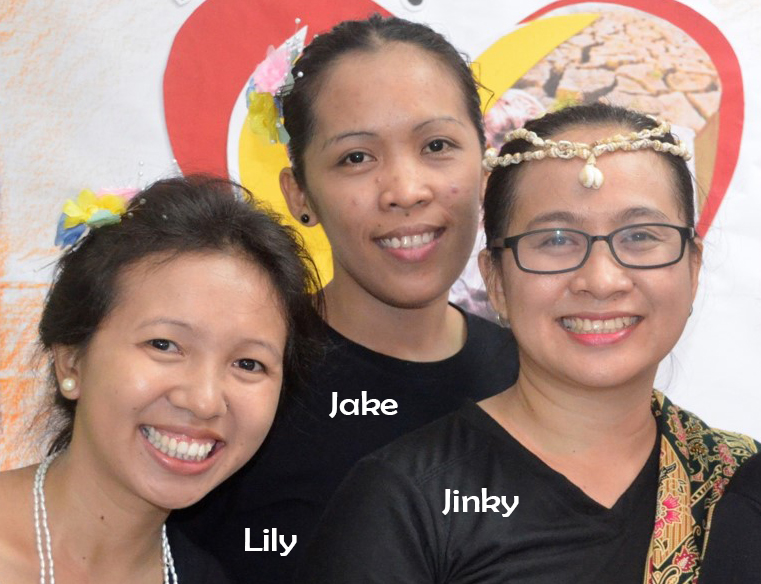
Columban lay missionary PH 24
I also learned to be person-oriented. In the past, when students or friends approached me, I pretended to listen without really hearing what they said, because I was too focused on myself and the work I was trying to do. Now, I have learned to spend quality time with others and have become sensitive to their feelings.
Later, I was assigned in the patients' ward with cases of myoma. When the patients told me about their scheduled operation, I normally asked them how they felt. They would express how scared they were. Many shared their anxieties and then cried. I tried to comfort them by saying that I understood how they felt, but the truth was, I never really understood. Being able to listen somehow gave me a sense of fulfillment but it's a lot different when you are the one in the situation.
When I learned that I needed to be operated on for myoma, I cried. I had not expected this. That was the most difficult part for me. I remembered all those other patients during and after my operation. Now I really understood. I could feel with them. Being in their shoes made me grow in mercy and compassion. I can now relate with sympathy and sincerity with these kinds of patients.
God prepared me emotionally, spiritually and also physically. Before my diagnosis and operation for myoma, I could hardly accept any changes. But with my operation, I have learned to accept my situation, receive the generosity of other people, of what they can offer to help me in my needs, and the love they have freely given me. Because I am rather used to serving other people, giving instead of receiving, I used to be shy to accept the small and big things others offer me. However, I have now learned to recognize that each person has the capacity to give, and the more that I receive, the more that I can give.
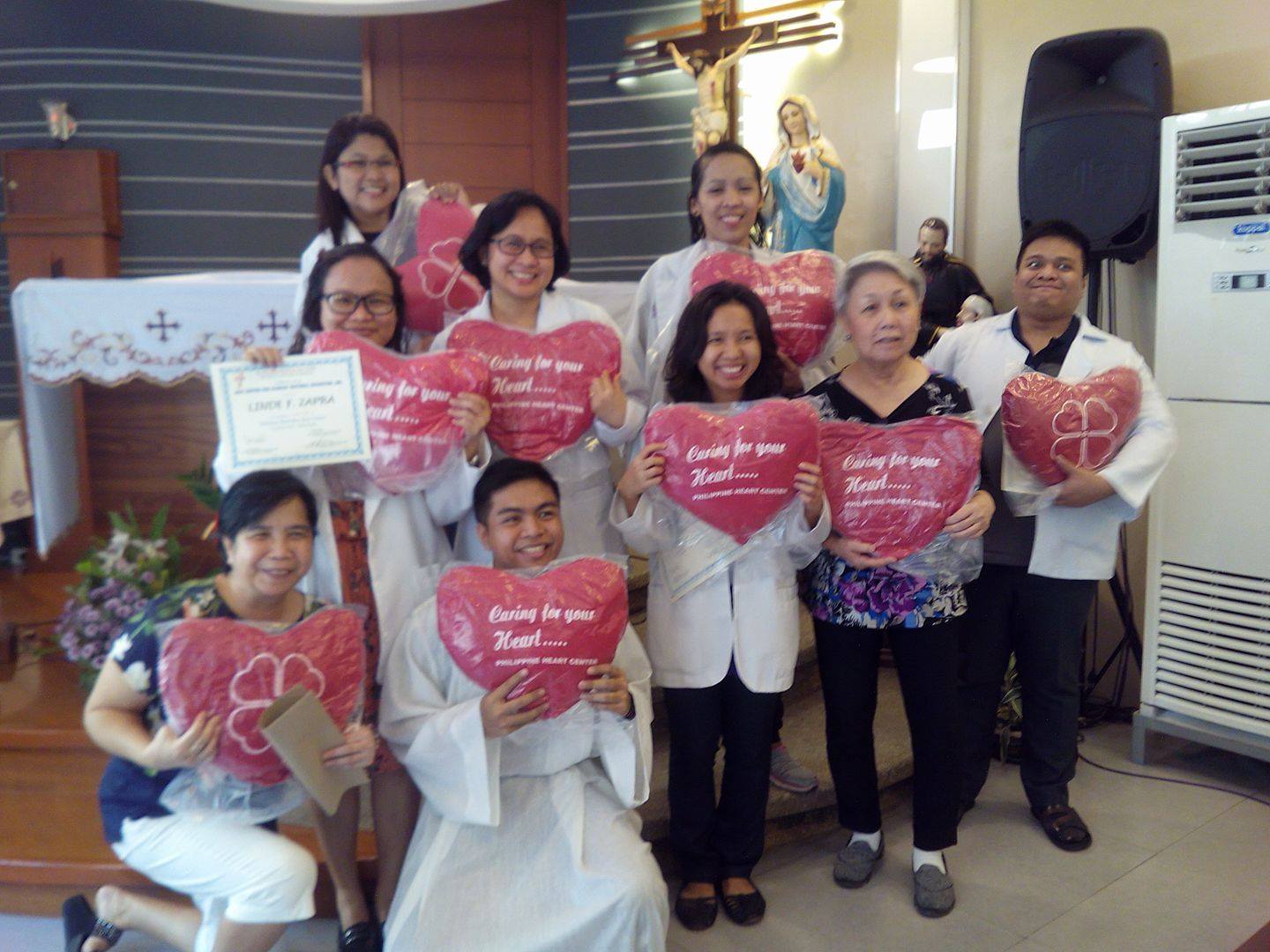
Jinky with her classmates in the CPE Program
I have been blessed to feel inner joy. Most of the time I stayed alone inside my room after my operation, but I was not moved to complain, neither did I feel heavy-hearted, nor was I filled with self-pity. I grabbed the opportunity to accept, to give even when I thought I had nothing to give, to be humble and to grow.
I also learned to be patient with myself, giving my body the time to heal. In the past, I was the type of person who always rushed things and expected results right away. I set my goals, planned my future and kept looking ahead. Because of this I failed to be attuned to the present moment. Now, I am learning to take things slowly, one thing at a time, one day at a time, for it is in slowing down that I get to see many things I did not see before.
God has brought me deeper into myself with this experience. I have found my inner joy. I am not yet done since my healing process may take a long time. But I am amazed at what I have realized. My thoughts, feelings and goals have been purified. Thanks be to God!
Our Hideaway
The Joy I Found with the Youth
By Ma. Fe Corazon P. Arienza
Ma. Fe Corazon "Azon" Arienza is from Cabadbaran City, Agusan Del Norte. She was a youth leader of the Parish Youth Apostolate in Candelaria, Cabadbaran and a member of the Oasis of Love Community. With Hazel Jean Angwani, she is currently undergoing the Columban lay missionary Orientation program.

Columban Lay Missionary PH 25 in Orientation: Ma. Fe Corazon Arienza and Hazel Jean Angwani
My love and passion for service sprang from my experience with a Diocesan priest back at my hometown. His name is Fr. Isaac Manuel Moran. Me and my childhood friends used to accompany Fr. Moran when he celebrated mass in Pirada, a small town in Cabadbaran City. I love how he made all of the people there happy with just his presence and the way he made them feel that they are cared for especially the little ones. When I thought it was Fr. Moran who gave so much joy to those people, he told us instead that it’s the other way around. I found it hard then to understand, until I joined the Parish Youth Apostolate.
My involvement in the Parish Youth Apostolate (PYA) was mainly on giving youth ministry formation, basically on how to develop and sustain parish youth ministry. Together with other PYA youth leaders, I was assigned to specific areas for chapel visitation. I can say that this was the happiest moment in my ministry, requiring not much of intelligence but a heart for service and for the youth. The sense of fulfillment I experienced at the end of the day was nothing compared to how my day ended at work. Both required a lot of time and effort but differed in the way it made me feel after the task was done. My work with the youth was very tiring but it’s the kind of exhaustion that did not wear me off. It rather rejuvenated and gave me so much energy, inspiring me to create programs for the youth in line with workshop formations. I guess this was where I honed my organizational and planning skills.
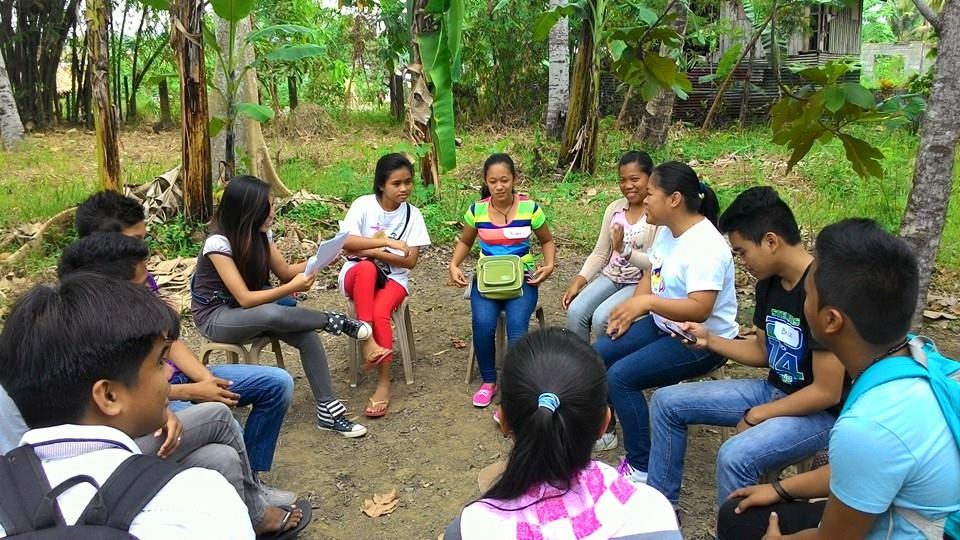
Azon giving recollection to youth leaders, Missionary Sisters of Mary Retreat House, Cabadbaran, February 2016
Working with the youth was not always fun and happy. There were also trials that we, as youth, had to face, both external and internal. There were instances that I had to stop in the middle of my involvement with the ministry because of misunderstandings, which is inevitable in every organization, but it didn’t stop me to look for other opportunities where my help was needed. These were occasions where I got to examine how truthful I was to my vocation.
It took me a long time to realize what Fr. Moran meant with what he said about how those people gave him so much joy more than what he had given them. It was during those chapel visitations that I understood how the youth made me love God and His people more than myself. This was where I found joy in serving, understood myself better, and became more open and selfless.
To quote my favorite verses from Ruth, “for where you go I will go, and where you lodge I will lodge; your people shall be my people, and your God my God. Where you die I will die, and there will I be buried”. In whatever way, with whatever challenges, the goodness of the experience propels me to continue my vocation to love, to the service of humanity.
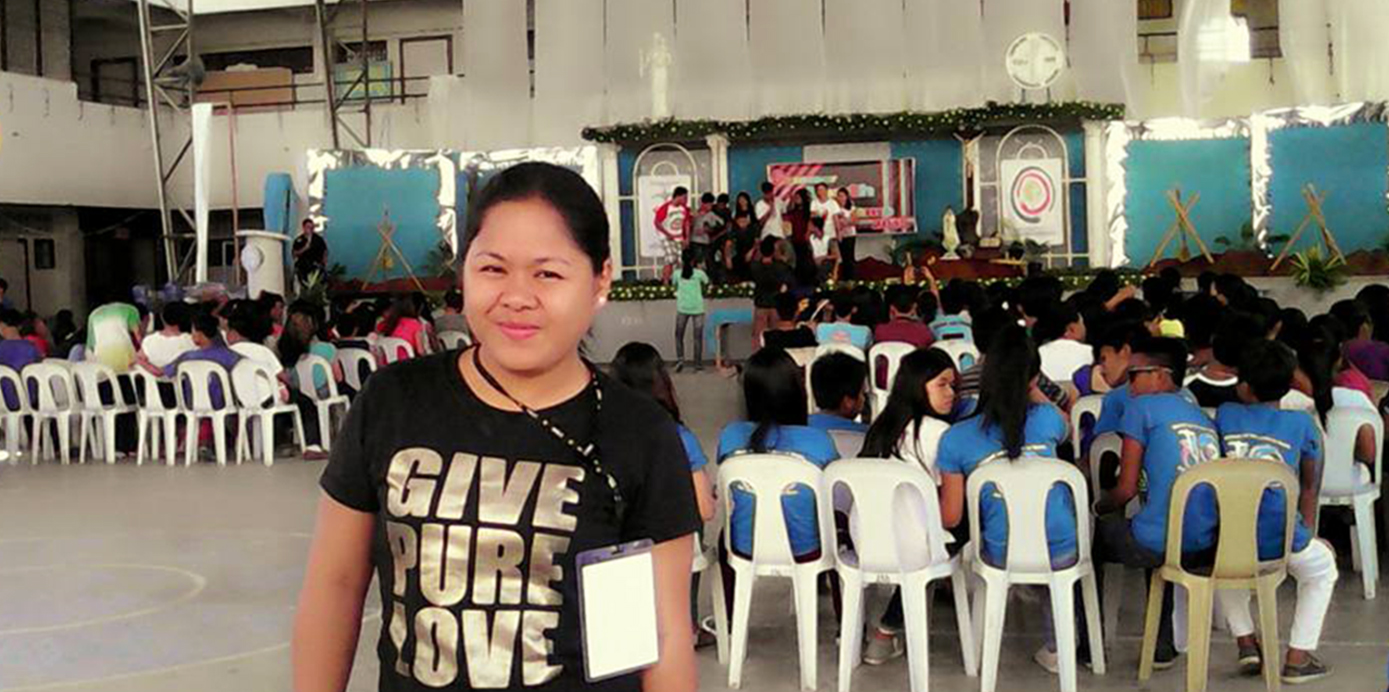
April 2016 Summer Youth Camp
Azon with youth leaders from the different chapels at the culmination of chapel visitation, Candelaria Institute covered court
Peace by Peace
November – December 2017
Lord, kindle our lamps, Saviour most dear to us, that we may always shine in your presence and always receive light from you, the Light Perpetual, so that our own personal darkness may be overcome, and the world’s darkness driven from us. Amen.

~ St. Columban, Sermon XII

While I know that humanly speaking, I will have to deal with some difficult moments... I can say in all sincerity that I am at peace. We can look at death as an enemy or a friend. If we see it as an enemy, death causes anxiety and fear. We tend to go into a state of denial. But if we see it as a friend, our attitude is truly different. As a person of faith, I see death as a friend, as a transition from earthly life to life eternal.
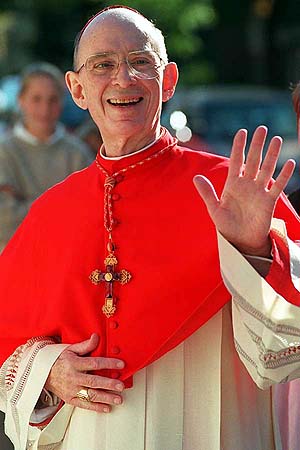
~ Cardinal Joseph Bernardin, Archbishop of Chicago (1928 – 1996)

The church has lighted my way. Instead of struggling through a wilderness I have had a road – a road to virtue and truth. Only a road – the road to an end, not the end itself – the road to truth, not the fullness of truth itself… In one word, she has taught me how to seek God.
~ Maude Dominica Petre, Catholic Modernist (1863 – 1942)

If you give your people halfhearted leadership, you’ll get a halfhearted following. But if you invest yourself in them, if you have a heart for them, your people will return your investment with a heartfelt following.
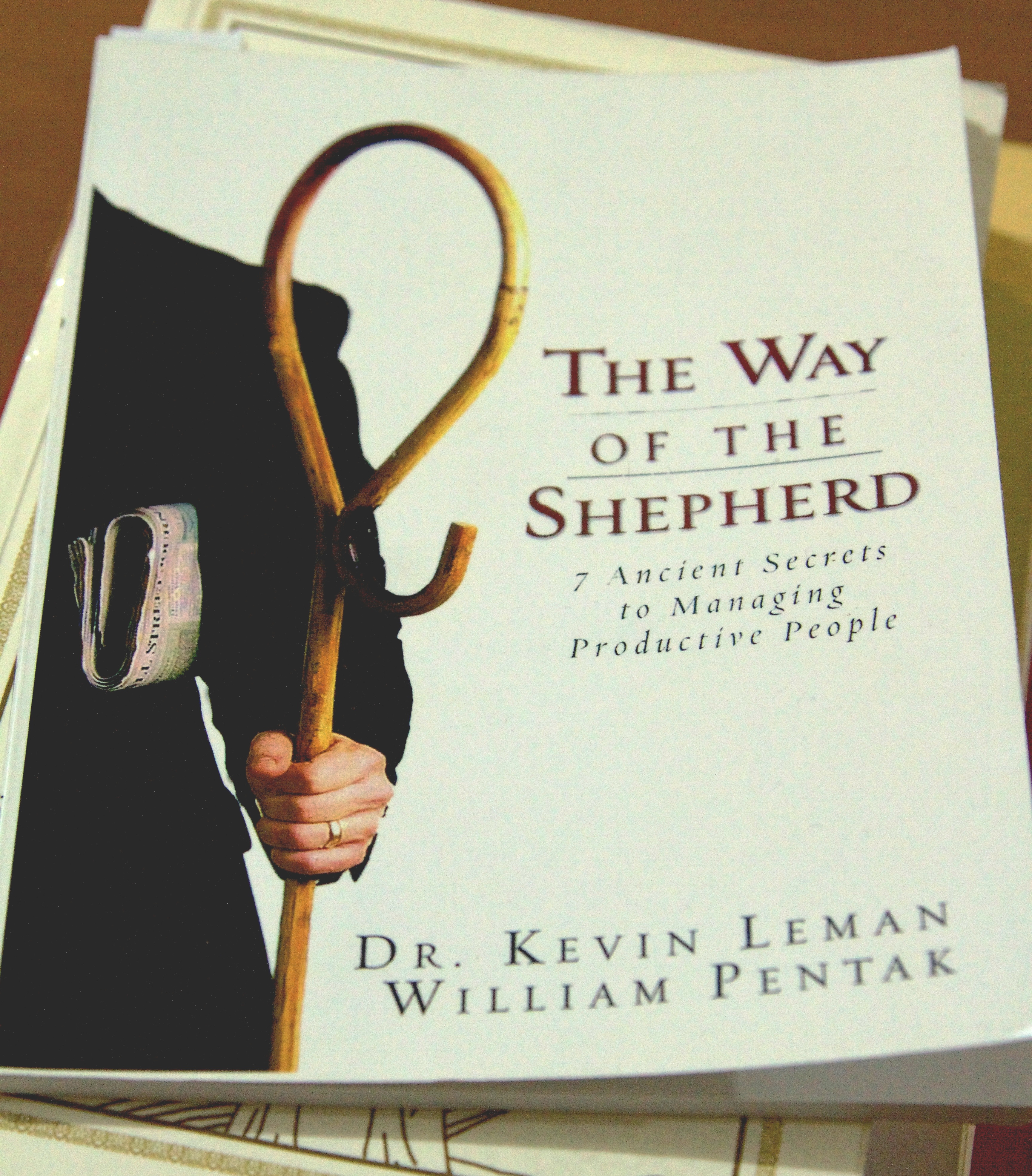
~ Kevin Leman and William Pentak, The Way of the Shepherd: 7 Ancient Secrets to Managing Productive People

May Wisdom be present in your discernment,
shedding light upon your dormant dreams
and unfolding paths.
May Trust invite you to explore the unknown
with a hopeful heart.
May supportive companions keep vigil
in your waiting.
May you be blessed
with Patience and Courage
in the expression of your true self.
May the yearnings of the Spirit call forth
Generosity and great Love.
And may your heart be opened to welcome
Holy Newness.
Amen.
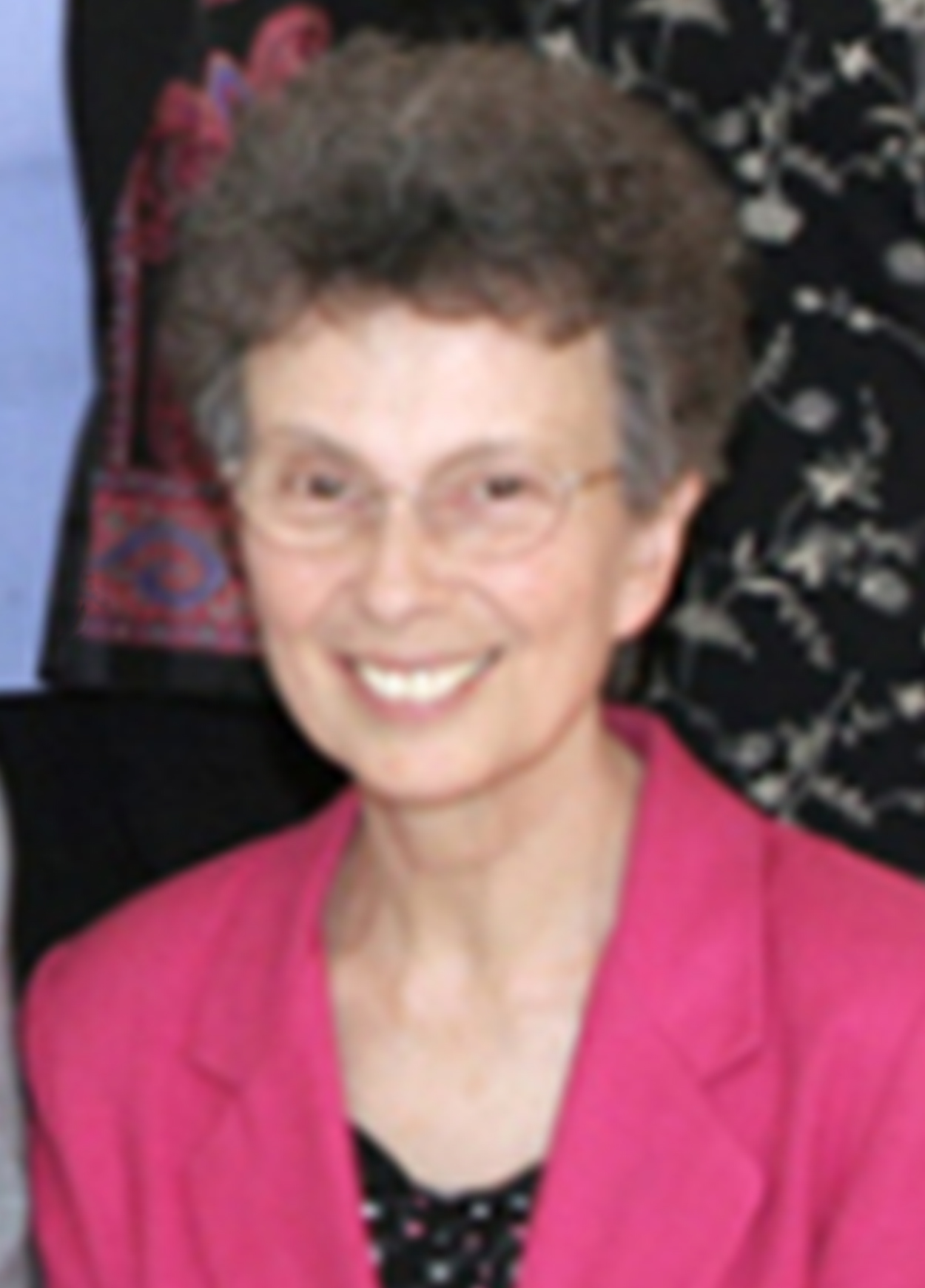
~ Sr. Pat Bergen, CSJ, Sisters of St. Joseph

To Search is To Find
When I assured a friend that I will pray for the eternal repose of her father, she responded with an invitation to rather pray for them, the bereaved family, for strength. She continued with, “We do not pray for the dead for it is the dead now praying for us.” I was a bit surprised for she too is a Catholic engaged in a religious group. They do not really grieve that much for they have to “take delight in the promise of the resurrection”.
I am wondering, do we, Catholics, have varied beliefs on praying for the dead, the resurrection and the need for grieving for the loss of a loved one?
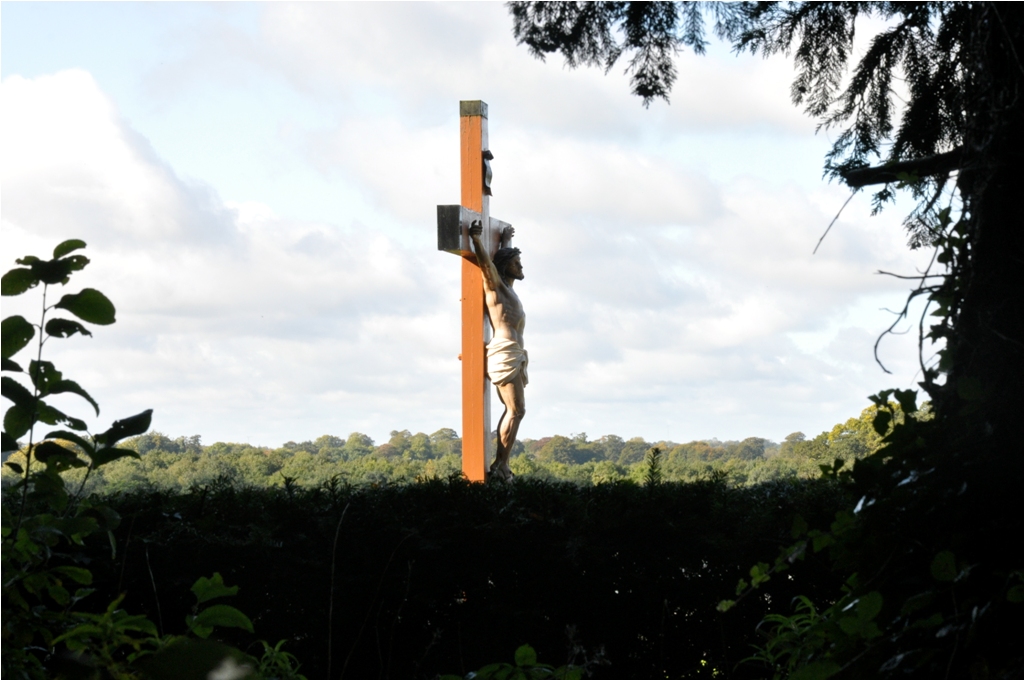
Praying for the dead has always been part of the Catholic tradition. This was profoundly captured in Paul’s Second Letter to Timothy 1:18 in which the apostle asked Timothy to pray for a man named Onesiphorus who had died. He wrote, “May the Lord grant that he will find mercy from the Lord on that Day.” Paul remembered him and was grateful to his help when he was imprisoned in Ephesus. He said, “Onesiphorus often gave me a new heart and was not ashamed of my chains.” Paul remembered him fondly and he also prayed for this man’s family.
The important word in this biblical passage from Paul is mercy. We pray to God that He will grant mercy to our loved ones who passed on. I think it is a beautiful tradition we have. The living still shares a real and deep connection with the dead. It is part of our belief in the communion of saints. Our Christian life is not simply a private affair, we belong to a community. However, this community is an imperfect community that journeys towards union with God. In the celebration of the Eucharist, we acknowledge that we are a “pilgrim church on earth.”
The passing on of our loved ones from this life to the next does not separate them from our community. We are a community of believers including those who have gone before us. But as imperfect pilgrims, we continue to pray for one another especially praying to God to be merciful to us in our imperfections. We also believe that our loved ones who have passed on from this life are praying for us. As a community of Christ, we hope to also share in the glory of his resurrection which is not for us to decide but rather a gratuitous gift from God that is already realized in the resurrection of Christ. Thus, the Catechism for Filipino Catholics, in speaking of our funeral rites where we pray for the dead states, “God is worshipped, the paschal nature of Christian death is proclaimed, and the Christian hope for the reunion of God is strengthened” (CFC no. 1841).
For us Filipino Catholics, we also respect the grief of loss of our loved ones, in a sense that we no longer experience the person who passed on as we used to. There is a sense of absence that we feel because we could no longer feel the person through his/her bodily presence. This is a kind of loss. But there is also a consolation that one’s life does not end in physical death. This person’s presence is felt differently now, for instance through our memory of that person. Our remembrance of the dead connects us to the dead and makes the dead present to us. It is our memory of love that connects us to them and this love is grounded in the love of Christ for us. This relationship of love in Christ makes all the difference.
Prayer connects us with our loved ones in the afterlife and through our prayers we continue to cherish their life as part of us. It means a continued relationship and also a desire for reconciliation of things that are left unresolved. We can still forgive the dead and they can forgive us, too. As a Christian community, we are also a reconciling community because God continues to call us towards reconciliation. We are reconciled to God through Christ and we must be reconciled also to one another. Reconciliation is not only for the living but for all who await for the coming of the final realization of God’s kingdom and glory.
